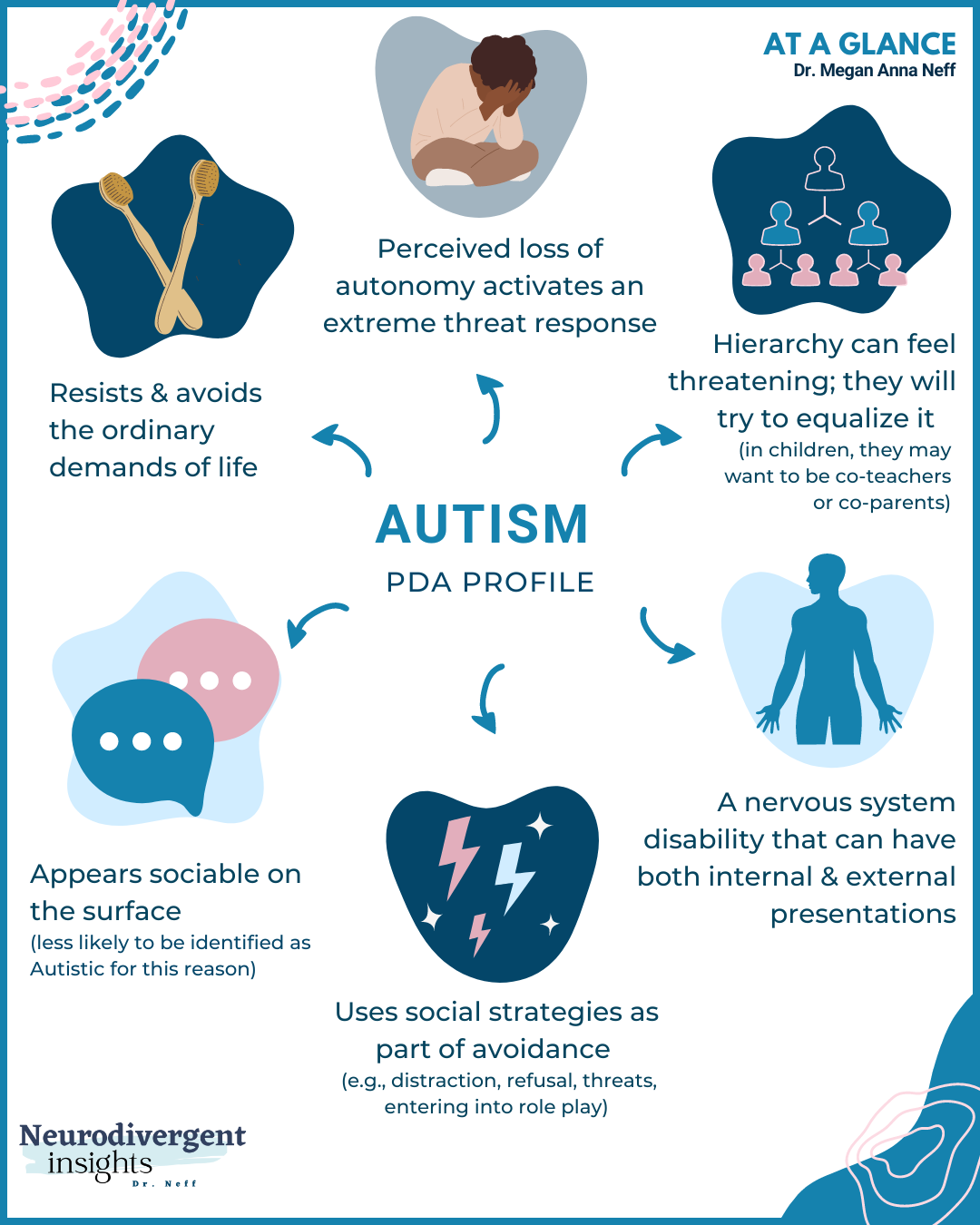Addressing Common Myths: What You Should Know About Autism Today
Addressing Common Myths: What You Should Know About Autism Today
Blog Article
Comprehending Autism: A Comprehensive Overview to Signs and indications
Autism Spectrum Disorder (ASD) encompasses a wide variety of attributes that can dramatically influence an individual's social interactions and everyday functioning. Understanding these subtleties not only help caretakers and teachers in giving proper support however additionally cultivates a much more comprehensive setting for people with ASD.
Introduction of Autism Range Problem
Defining Autism Spectrum Problem (ASD) entails acknowledging it as an intricate neurodevelopmental condition defined by a series of obstacles in social interaction, communication, and behavioral patterns. The term "range" shows the broad variability in signs and their severity, which can differ dramatically from one person to one more. ASD generally manifests in early youth, although some people may not get a diagnosis until later on in life.
Variables affecting the development of ASD consist of hereditary predispositions and environmental elements, although the precise reasons remain under examination. Diagnosis typically depends on behavior evaluations, as there are no conclusive clinical examinations for ASD. Early treatment is critical and can dramatically enhance end results, concentrating on improving interaction skills, social interactions, and flexible behaviors.
Individuals with ASD might also show unique staminas, such as extraordinary interest to detail or certain areas of expertise. Recognizing the complex nature of ASD is crucial for cultivating a comprehensive atmosphere that accommodates neurodiversity. Proceeded research study is important for developing reliable treatments and support group, enabling individuals with ASD to thrive and satisfy their potential within culture.
Typical Indications of Autism
Acknowledging the typical indicators of Autism Spectrum Condition (ASD) is crucial for very early identification and treatment. These indicators can differ commonly in seriousness and discussion, however particular characteristics are often observed in people with ASD.
Among one of the most prevalent indicators is a significant problem in maintaining and establishing eye get in touch with. People may also show limited interest in social communications and reveal a preference for solitary play. Recurring behaviors, such as hand-flapping, shaking, or rotating objects, usually arise early in childhood years. Additionally, some youngsters may develop stringent regimens and come to be troubled if these regimens are interfered with.
Sensory level of sensitivities are likewise common; individuals may overreact or underreact to sensory stimuli, such as noises, structures, or lights. autism. Language development can be atypical, with some children exhibiting delayed speech or using language in uncommon ways, including echolalia-- duplicating expressions or sentences listened to in other places
It is important to note that not every individual with ASD will certainly present all these signs, and the level of these habits can differ considerably. Early acknowledgment enables timely support and resources, enhancing the high quality of life for those on the spectrum.
Social Interaction Challenges
Social interaction challenges are a trademark of Autism Spectrum Problem (ASD), influencing a person's ability to involve efficiently with others. These troubles can manifest in various means, including challenges in launching and maintaining conversations, recognizing social hints, and reacting appropriately in social interactions.
People with ASD may deal with nonverbal communication, such as eye get in touch with, facial expressions, and body movement. This can result in misunderstandings, as their communicative intent might not be appropriately interpreted by others. They might find it hard to realize the subtleties of tone and context, which are necessary for effective interaction.
In group setups, people with ASD might feel overloaded official source and might not know just how to join in discussions (autism). They could additionally exhibit irregular conversational patterns, such as monologuing concerning specific interests without acknowledging social reciprocity
Moreover, these challenges can cause social seclusion or troubles in developing connections, as peers may misunderstand their behavior or communication design. Recognizing these social interaction difficulties is vital for promoting helpful environments that advertise social skills development and improve the quality of communications for individuals on the autism spectrum.
Sensory Feedbacks and level of sensitivities
Several people with Autism Range Condition (ASD) experience enhanced sensory sensitivities that can considerably influence their every her explanation day lives. These level of sensitivities may manifest as over-responsiveness or under-responsiveness to sensory stimulations, including audios, lights, appearances, preferences, and smells. For instance, an individual with ASD might find daily sounds, such as a vacuum or crowded settings, overwhelmingly traumatic, causing anxiety or meltdowns. Conversely, some might exhibit an indifference to pain or extreme temperatures, which can posture security concerns.
Sensory processing differences in individuals with ASD can also impact their capability to engage in regular tasks and social communications. A youngster who is delicate to touch may resist physical love or prevent particular garments textiles. A preference for certain appearances or tastes can limit dietary options and produce obstacles during mealtimes.
Recognizing these sensory sensitivities is essential for recognizing the unique experiences of individuals with ASD. Recognition of their sensory accounts can cultivate better interaction and assistance methods, read developing a setting that suits their demands and improves their lifestyle. Eventually, recognizing sensory level of sensitivities is a crucial part of comprehending the broader range of autism.

Sustaining People With Autism
Effective support for people with Autism Spectrum Disorder (ASD) is important for enhancing their general well-being and promoting freedom. Support strategies must be customized to satisfy the distinct demands of each person, considering their toughness and obstacles.

Social abilities training can additionally play a crucial duty. autism. Involving individuals in team activities or role-playing situations can boost their ability to browse social communications. In addition, it is important to inform family members, caretakers, and peers regarding ASD to promote a comprehensive and encouraging area
Final Thought
By fostering boosted interaction and social skills, individuals with autism can navigate their atmospheres extra successfully. Inevitably, raised awareness and support can substantially enhance the quality of life for those affected by ASD.
Autism Range Condition (ASD) encompasses a broad variety of attributes that can dramatically affect a person's social communications and day-to-day performance.People with ASD might battle with nonverbal communication, such as eye get in touch with, face expressions, and body language.Numerous people with Autism Spectrum Disorder (ASD) experience heightened sensory sensitivities that can considerably affect their everyday lives.Sensory processing differences in individuals with ASD can likewise affect their capacity to engage in social interactions and routine activities.Understanding these sensory sensitivities is important for identifying the one-of-a-kind experiences of people with ASD.
Report this page